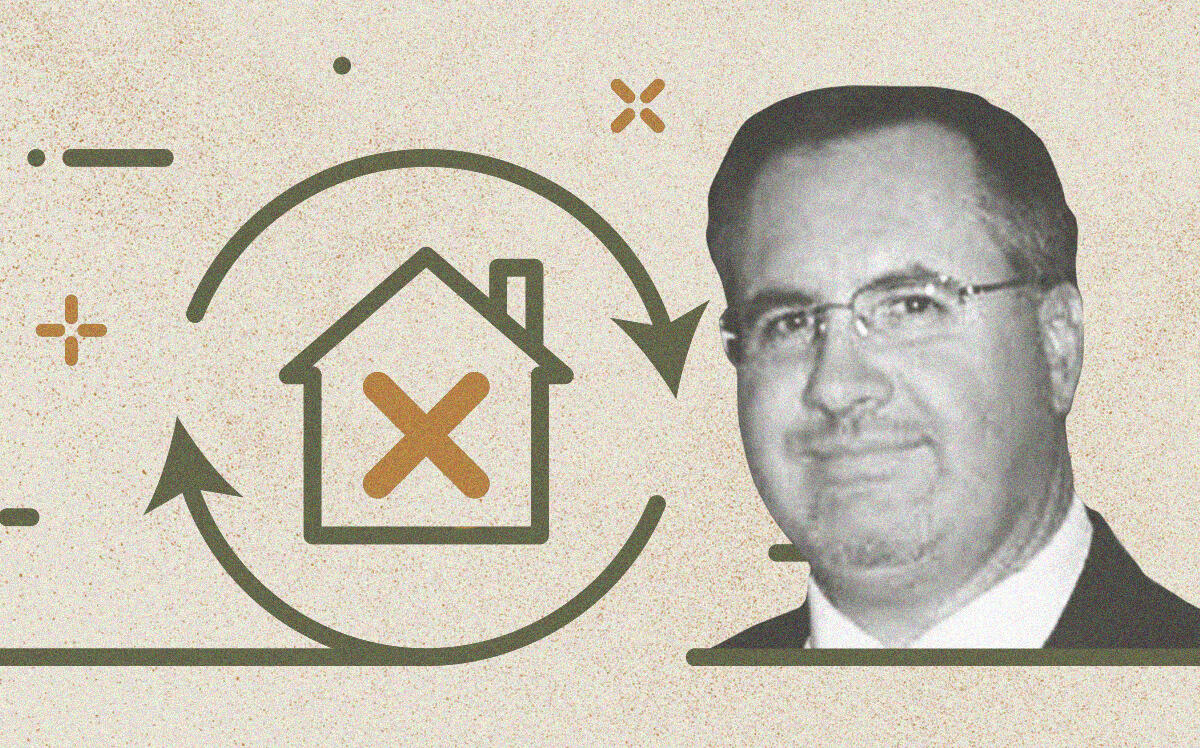Airbnb emerged from the pandemic with force to report a record fourth quarter tying up its first profitable year in company history.
The short-term rental company made $319 million in net income last quarter, up from $55 million one year earlier, according to its fourth-quarter earnings. The record quarter saw $1.9 billion in profit on the back of rising demand and daily rates.
Revenue surged 40 percent from 2021 to $8.4 billion for the year. The company, citing sustained demand, said revenue is expected to be between $1.75 billion and $1.82 billion in the first quarter of 2023.
The company tightened spending in the wake of the pandemic, chief executive officer Brian Chesky said, but headcount is down only 5 percent since 2019 while revenue is up 75 percent.
The bump in business was driven by a 20 percent year-over-year increase in bookings for stays and experiences last quarter. At the end of the year, the platform had more than 6.6 million active listings worldwide, an increase of 900,000 from the beginning of the year — despite its exit from China in July.
The company said it is expecting a flat year and has no major changes in the offing. One executive noted that opportunities for mergers and acquisitions “may exist” for the company, which has $455 million in free cash flow.
Customers are expected to have a renewed focus on affordability in the coming year, which could increase demand, but lower average daily rates, Chesky said. Rates dipped in the fourth quarter from an average of $156 to $153.
“When we started, we started as an affordable alternative to hotels,” Chesky said. “I think affordability and value is one of the key reasons people use Airbnb.”
Read more



The company is also expected to keep pushing longer stays for customers. In the fourth quarter, 20 percent of trips booked on the platform were for stays of at least 28 days, according to Chesky.
A possible challenge for the company in the coming year has bubbled up among local activists and governments focused on limiting the operations of short-term rentals in their communities. In New York’s Hudson Valley, villages and towns have been putting the breaks on these platforms. Albany is also eyeing short-term rental regulation for the first time and a state lawmaker introduced a bill to help municipalities track, regulate and tax short-term rentals via a statewide registry.
— Holden Walter-Warner
